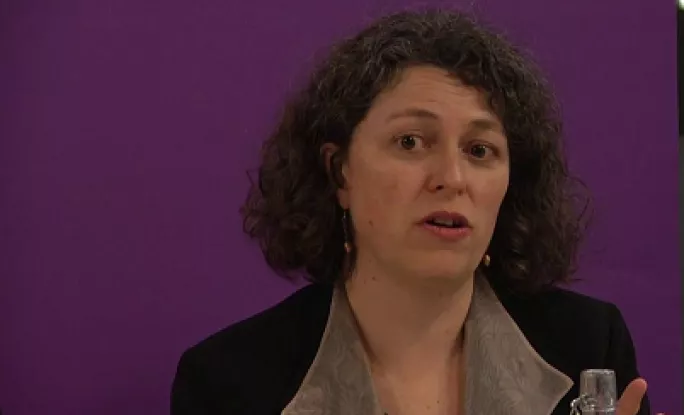‘The rapid pace of scientific discovery means science CPD is essential for our teachers’
Hilary Leevers, head of education and learning at the Wellcome Trust, writes:
In the past few years there have been a great many changes and discoveries in science: the Higgs boson particle was sighted at CERN; scientists have created new substances such as graphene; a planet in our solar system has been downgraded and (too many) species have become endangered, to name but a few. For those working in science education, keeping up to date with the latest scientific knowledge and thinking is not only desirable and interesting, but vital to the quality and relevance of teaching.
We know that good science teaching fosters enthusiasm to learn more, which in turn leads to a scientifically literate society, able to make informed decisions. Not only that, but the academic and practical skills learned through studying science can be applied across many areas, so ensuring the quality of science education is of real importance for all.
One of the most important and effective ways of making sure that students experience excellent science teaching is by providing science-specific continuing professional development (CPD) for teachers and technicians.
This is highlighted in the Royal Society’s vision report, released yesterday, which emphasises the importance of recognising and building professionalism in science teaching and strongly recommends that subject-specific professional development be a core requirement linked to career progression. They call for long term investment from the government in national infrastructures to support this and note a real need in primary science.
At the Wellcome Trust we too believe that CPD should be integral to the career paths of all education professionals; not only does the rapid pace of scientific discovery mean that knowledge needs updating regularly, but more often than not science teachers are required to cover topics that they might not have studied since their own school days.
For instance, a chemistry graduate is likely to be found also teaching biology and physics in a secondary school. Similarly, few primary school teachers have scientific expertise, despite being expected to teach science to their pupils, so it is critical to provide on-going development that extends beyond initial teacher training and throughout an individual’s career path.
Educators themselves feel the same way. The OECD’s Teaching and Learning International Survey (TALIS), published this week, reports that around three quarters of teachers who had undertaken professional development in the past year found that it had a positive impact on their teaching. However, teachers in England reported that on average they engaged in less than half as many days of professional development as their counterparts in other nations.
The situation is even starker when we look at science CPD - Ofsted’s science survey published last November reported that science-specific CPD was the exception rather than the norm. Ofsted went on to recommend that school leaders, including governing bodies, ensure that science subject leaders and teachers have subject-specific CPD.
The Wellcome Trust whole-heartedly supports the need for science specific CPD. We’ve helped to establish the National Science Learning Centre in York and provide bursaries through Project ENTHUSE - a partnership across the Wellcome Trust, government, professional bodies and industry, which provides funding for teaching staff from state funded schools, academies and colleges in the UK to make it easier to access CPD.
Yesterday saw a celebration of inspiring science teaching with the ENTHUSE Awards taking place at the Houses of Parliament. These Awards recognise the contributions of three exceptional education professionals - all of whom have undertaken CPD with bursaries from Project ENTHUSE and have demonstrated the subsequent impact on pupils, colleagues and the wider school and community.
Our vision for the future would be one in which such teachers and technicians are not so exceptional - that science CPD has elevated many more to their inspiring standards. It may be a while before science teachers might be required to participate in science professional development, but we would like to see them, at the very least, entitled to do so. In the meantime, we will continue working with partners to improve the provision of excellent science specific CPD.
Keep reading for just £1 per month
You've reached your limit of free articles this month. Subscribe for £1 per month for three months and get:
- Unlimited access to all Tes magazine content
- Exclusive subscriber-only stories
- Award-winning email newsletters




